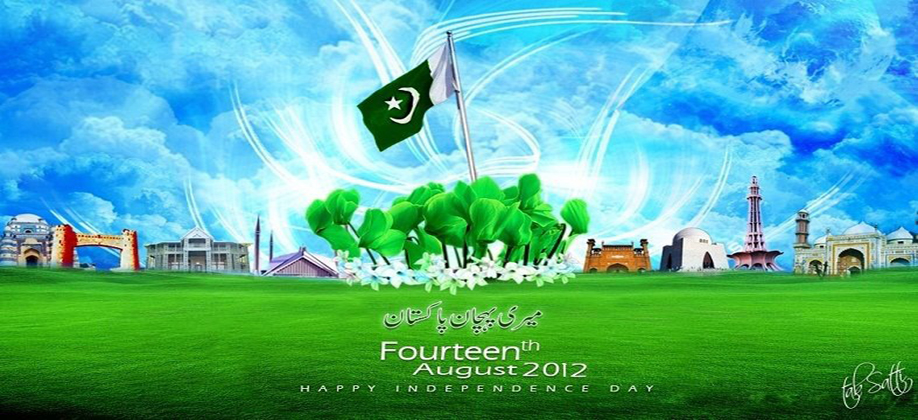Islamabad
Islamabad is a modern, well planned and maintained city located in the Pothohar Plateau in the northeastern part of the country, within the Islamabad Capital Territory. The region has historically been a part of the crossroads of Punjab and Khyber Pakhtunkhwa with the Margalla Pass acting as the gateway between the two regions.[4] The city was built during the 1960s to replace Karachi as Pakistan's capital. Islamabad is a well-organised international city divided into several different sectors and zones. It is regarded as the most developed city in Pakistan and is ranked as a Gamma- world city.[5] The city is home to the Faisal Mosque, the largest mosque in South Asia[6] and the fourth largest mosque in the world.[7][8] Islamabad has the highest literacy rate in Pakistan.[9] There are 16 recognised universities in Islamabad, including some of the top-ranked universities in Pakistan: Quaid-i-Azam University, Pakistan Institute of Engineering & Applied Sciences, and National University of Sciences and Technology.[10] Allama Iqbal Open University in Islamabad is one of the world's largest universities by enrolment. Islamabad has the lowest infant mortality rate in the country at 38 deaths per thousand as compared to the national average of 78 deaths per thousand. The Pakistan Institute of Medical Sciences hospital in Islamabad is one of the largest hospitals in Pakistan.














